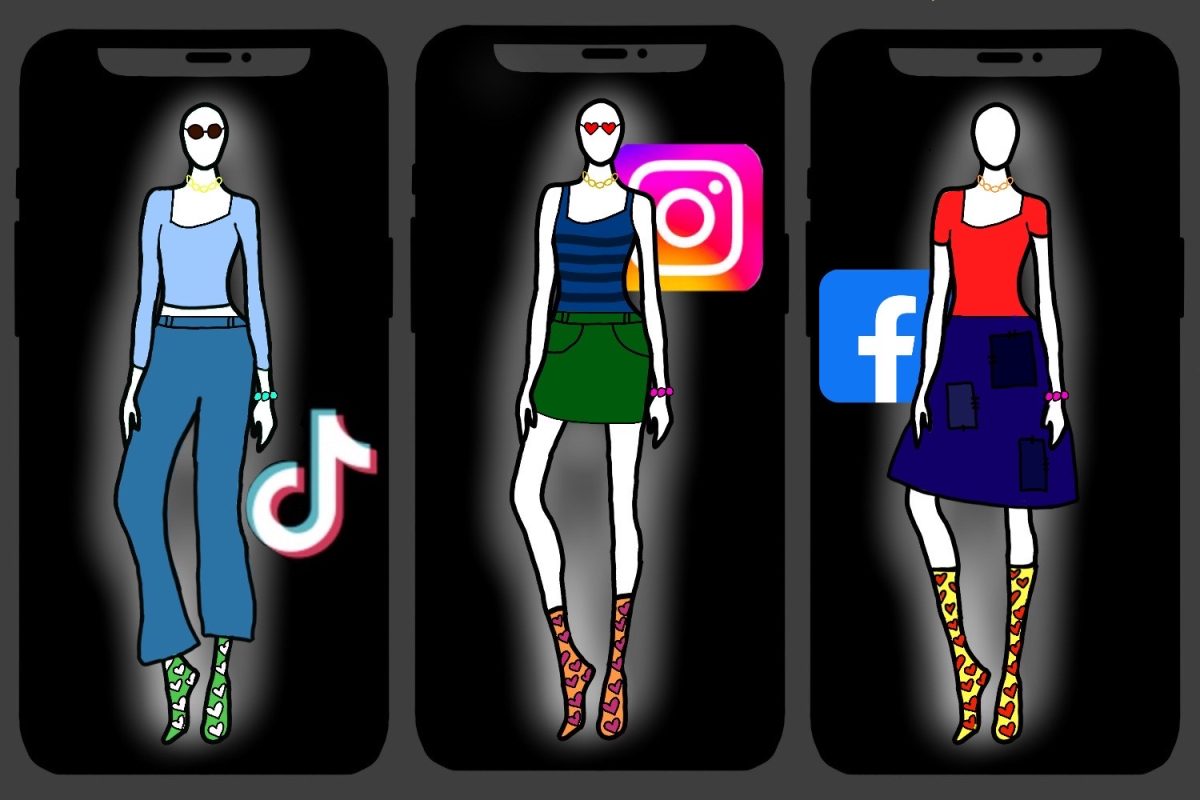In the fast-paced and ever-evolving world of fashion, staying relevant and connected with consumers is crucial. Social media marketing has become an essential tool for fashion brands, enabling them to engage with audiences, showcase their collections, and drive sales. Here’s why social media marketing is vital for the fashion industry.

1. Building Brand Identity and Awareness
Social media platforms provide a unique space for fashion brands to establish their identity and share their story. Through visually appealing content, brands can showcase their aesthetics, values, and culture, helping to create a strong brand presence. Regularly posting updates, behind-the-scenes looks, and engaging stories allows fashion labels to keep their audience informed and interested, thereby increasing brand awareness.
2. Direct Engagement with Consumers
Social media enables fashion brands to interact directly with their audience, fostering a sense of community and loyalty. By responding to comments, engaging in conversations, and asking for feedback, brands can build stronger relationships with their customers. This engagement not only enhances customer satisfaction but also provides valuable insights into consumer preferences and trends.
3. Showcasing New Collections and Trends
Fashion is inherently visual, and social media platforms like Instagram, Pinterest, and TikTok are perfect for showcasing new collections and trends. Brands can use high-quality images and videos to highlight their products, offering consumers a glimpse of what’s new and exciting. Live streaming fashion shows or behind-the-scenes content can create buzz and anticipation around new releases, driving interest and sales.
4. Influencer Collaborations
Influencer marketing has become a significant part of the fashion industry, with many brands partnering with influencers to reach their target audience. Influencers have established trust and credibility with their followers, making their endorsements highly effective. Collaborating with influencers allows fashion brands to tap into new markets and gain exposure to potential customers who align with their brand values.
5. Driving Traffic and Sales
Social media platforms are increasingly integrated with e-commerce features, allowing brands to sell directly to consumers. By sharing product links, creating shoppable posts, and using advertisements, fashion brands can drive traffic to their online stores and increase sales. This direct approach to selling streamlines the purchasing process for consumers, making it easier for them to shop and engage with the brand.
6. Targeted Advertising
Social media advertising offers advanced targeting options, allowing fashion brands to reach specific demographics based on interests, location, and behaviors. This targeted approach ensures that marketing efforts are directed toward those most likely to be interested in the brand’s offerings. By using data analytics and insights, brands can refine their advertising strategies and maximize their return on investment.
7. Staying Ahead of Trends
The fashion industry is constantly evolving, and social media provides brands with real-time insights into emerging trends and consumer preferences. By monitoring conversations and engagement on social platforms, brands can stay ahead of the curve and adapt their strategies accordingly. This agility allows them to respond to changing market dynamics and meet the evolving needs of their audience.
8. Fostering Community and Loyalty
Social media allows fashion brands to create a sense of community among their customers. By sharing user-generated content, hosting contests, and encouraging customers to share their experiences, brands can foster a loyal following. This sense of belonging encourages repeat purchases and enhances brand loyalty, as consumers feel connected to the brand and its values.
9. Enhancing Customer Support
Social media serves as a valuable channel for customer support, allowing brands to address inquiries, concerns, and feedback in real time. By being responsive to customer needs and providing assistance through social platforms, fashion brands can enhance the overall customer experience. Positive interactions on social media can lead to increased customer satisfaction and loyalty.
Conclusion
In the dynamic world of fashion, social media marketing is not just an option; it’s a necessity. By leveraging the power of social media, fashion brands can build their identity, engage with consumers, showcase new collections, and drive sales. The ability to connect directly with customers, adapt to trends, and foster community further solidifies the importance of social media in the fashion industry.


No responses yet